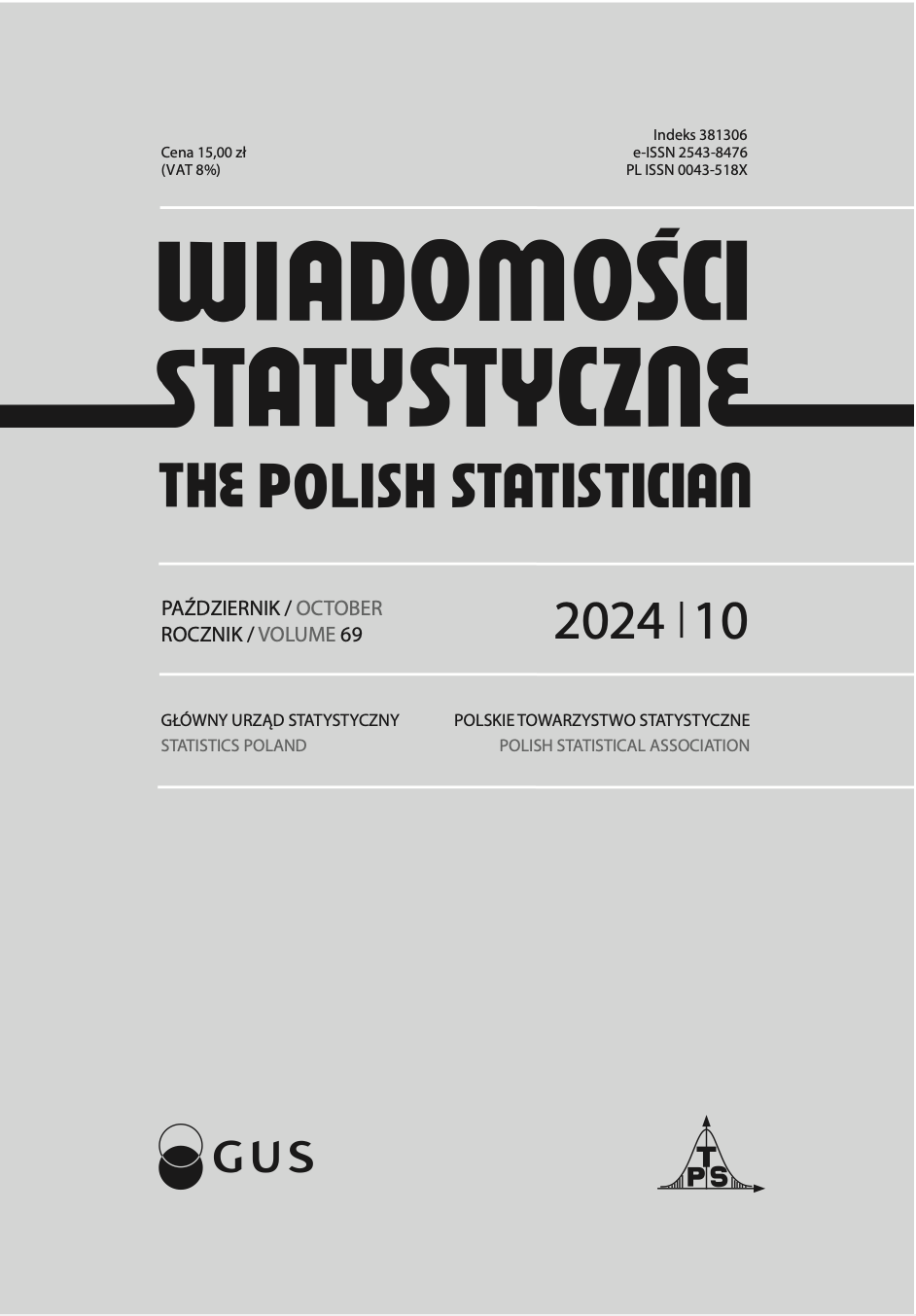Measuring and assessing the health of refugees from Ukraine in Poland: quantitative-qualitative mixed-methods approach
Measuring and assessing the health of refugees from Ukraine in Poland: quantitative-qualitative mixed-methods approach
Author(s): Marek Cierpiał-Wolan, Paloma Cuchí, Federico Gerardo de Cosio, Merkur Beqiri, Rifat Hossain, Dominik RozkrutSubject(s): Health and medicine and law, Migration Studies
Published by: Główny Urząd Statystyczny
Keywords: refugees; refugee health; health needs; health access; healthcare; mixed methods; behavioral insights;
Summary/Abstract: Following the invasion of the Russian Federation on Ukraine on 24th February 2022, Poland has received an unprecedented influx of refugees. Statistics Poland and the World Health Organization (WHO) immediately recognized the urgent need for reliable data on the health needs of refugees and the barriers relating to their access to medical care, which would enable an effective response to the situation. The sudden surge in healthcare demand caused by the influx of those fleeing war required targeted interventions to ensure the well-being of both the refugees and the Polish population. The aim of the article is to present the methodology and key findings of the “Health of Refugees from Ukraine in Poland” survey. This comprehensive study included questionnaires conducted among members of refugee households, supplemented by behavioral insights research based on in-depth interviews with refugees from Ukraine. Additionally, interviews were conducted with Polish and Ukrainian healthcare providers, authorities responsible for rescue operations and representatives of non-governmental organizations. The mixed-methods approach was applied, which encompasses both quantitative and qualitative research. Its flexibility and the use of data from administrative registers along with big data enabled real-time analyses and a more precise understanding of the refugees’ health situation, with particular regard to the needs of women and older people. The findings of the research highlight the importance of addressing language and financial barriers, issues related to the unfamiliarity with the health system, as well as service constraints (e.g. long waiting lists) and cultural barriers (e.g. stigma associated with mental health issues). The universal application of this approach has also been approved by the UN Statistical Commission, which recommended its further development and implementation in other countries facing a refugee crisis.
Journal: Wiadomości Statystyczne. The Polish Statistician
- Issue Year: 69/2024
- Issue No: 10
- Page Range: 28-40
- Page Count: 13
- Language: English

